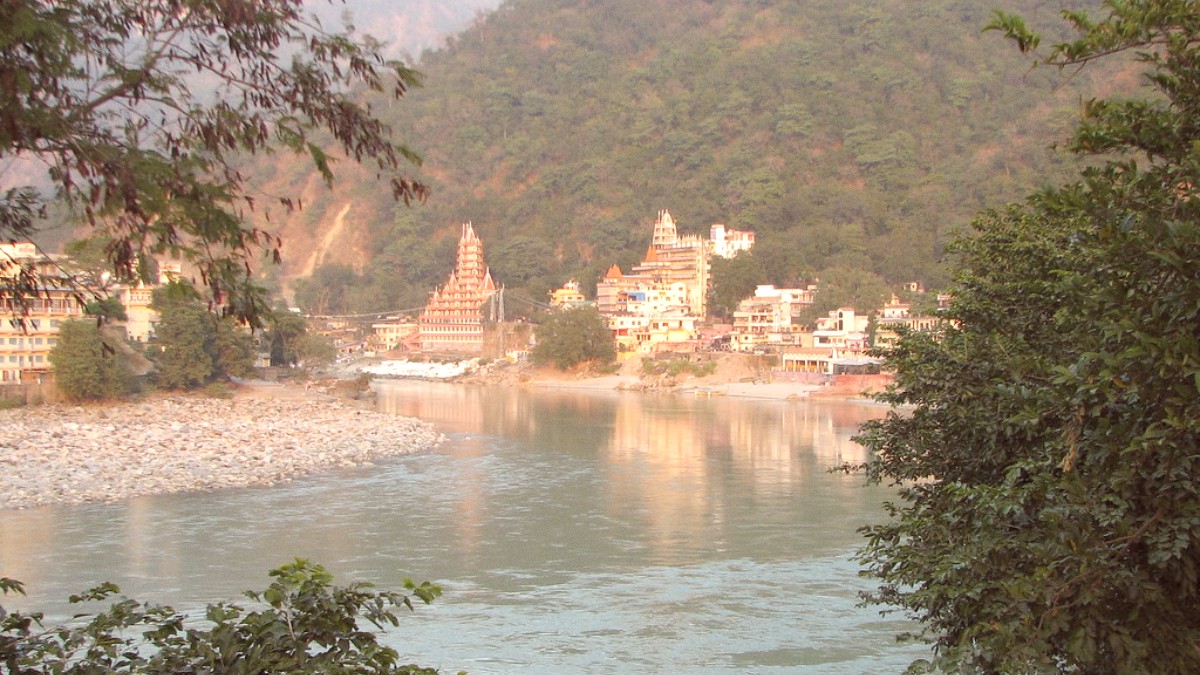
Uttarakhand Uttaranchal, India
Rajaji National Park, nearby, is a significant conservation area for wildlife, specifically elephants and tigers.
The Ganges is a sacred river but also faces severe pollution. Various government and non-governmental organizations actively work on cleaning the river.
Minimize your waste generation. Avoid single-use plastics. Conserve water during your stay by taking shorter showers.
Your actions reflect how visitors are perceived. Practice respectful interactions.
Support local craftspeople and traditional arts. Respect the sanctity of ashrams, temples, and the Ganges River.
Dress modestly, especially in a holy city. Cover your shoulders and knees. Ask permission before photographing individuals.
Be mindful of people's privacy. Avoid intrusive photography, especially in private moments or religious ceremonies.
Dress modestly (shoulders and knees covered). Remove shoes before entering. Speak softly and keep a respectful demeanor.
Embrace the local pace. Avoid frustrations from delays or different ways of doing things. Politeness opens many doors.
Make choices that positively impact Rishikesh's local economy and communities.
Support initiatives that directly benefit local communities. This includes staying in locally owned guesthouses.
Seek certified fair trade products if available. Buy directly from artisans or small, independent shops.
Be cautious of situations that might exploit children or vulnerable adults, like begging.
If you wish to donate, do so to reputable local non-governmental organizations (NGOs), schools, or established charities.
Littering remains a common issue in many areas.
Water scarcity can affect some parts of India, even with Rishikesh on the Ganges.
Travelers' actions affect the local environment.
Carry a small bag for your trash until a proper disposal bin is found. Even small actions keep Rishikesh clean and beautiful.